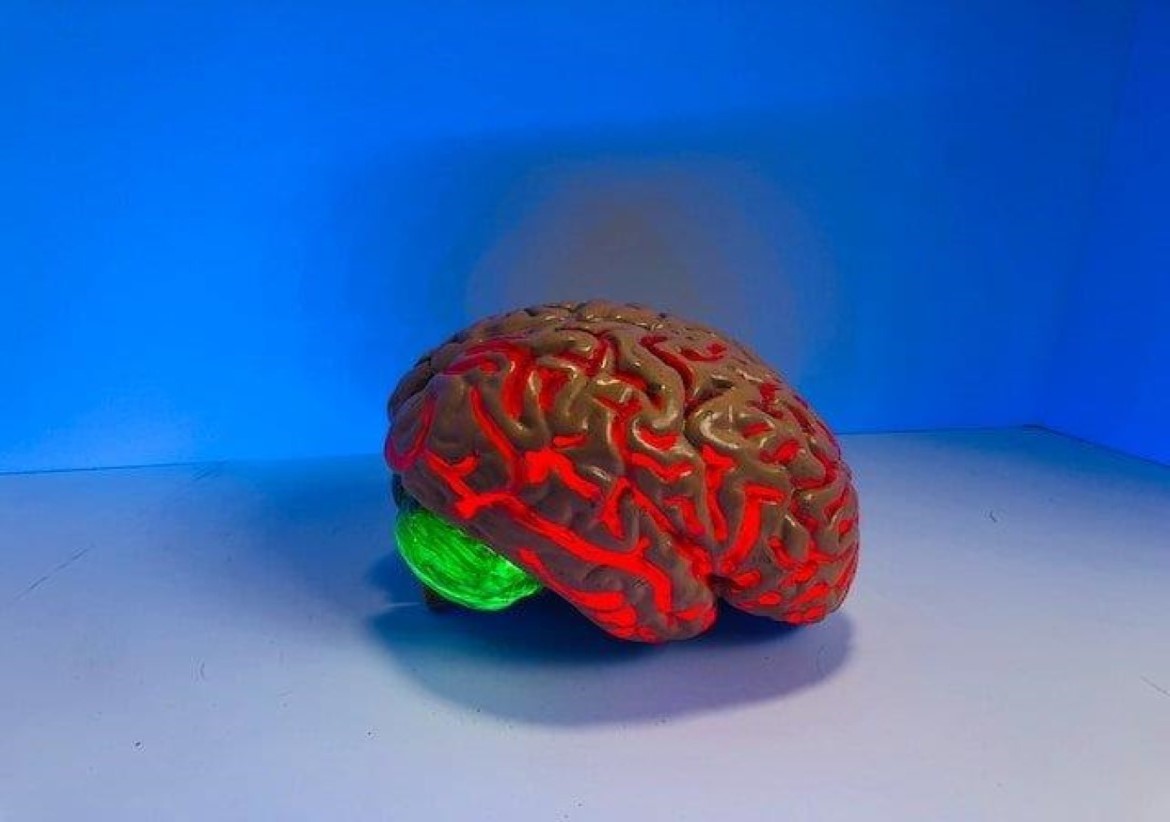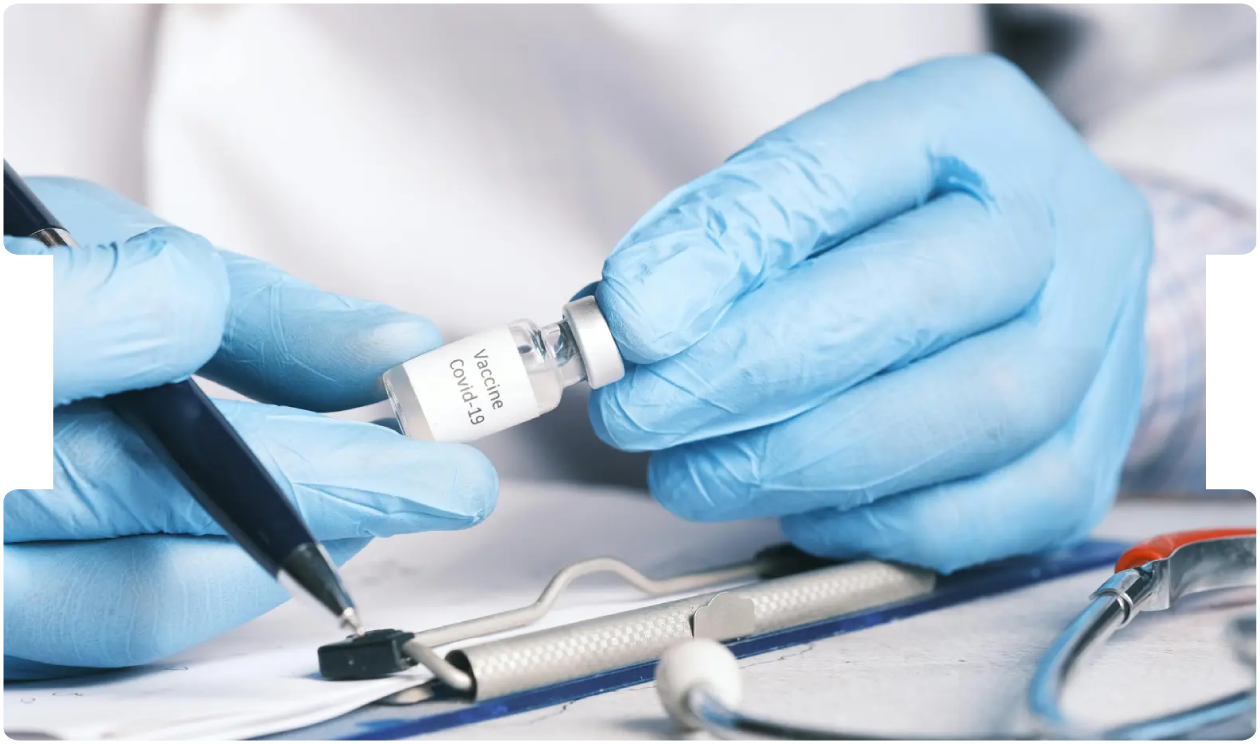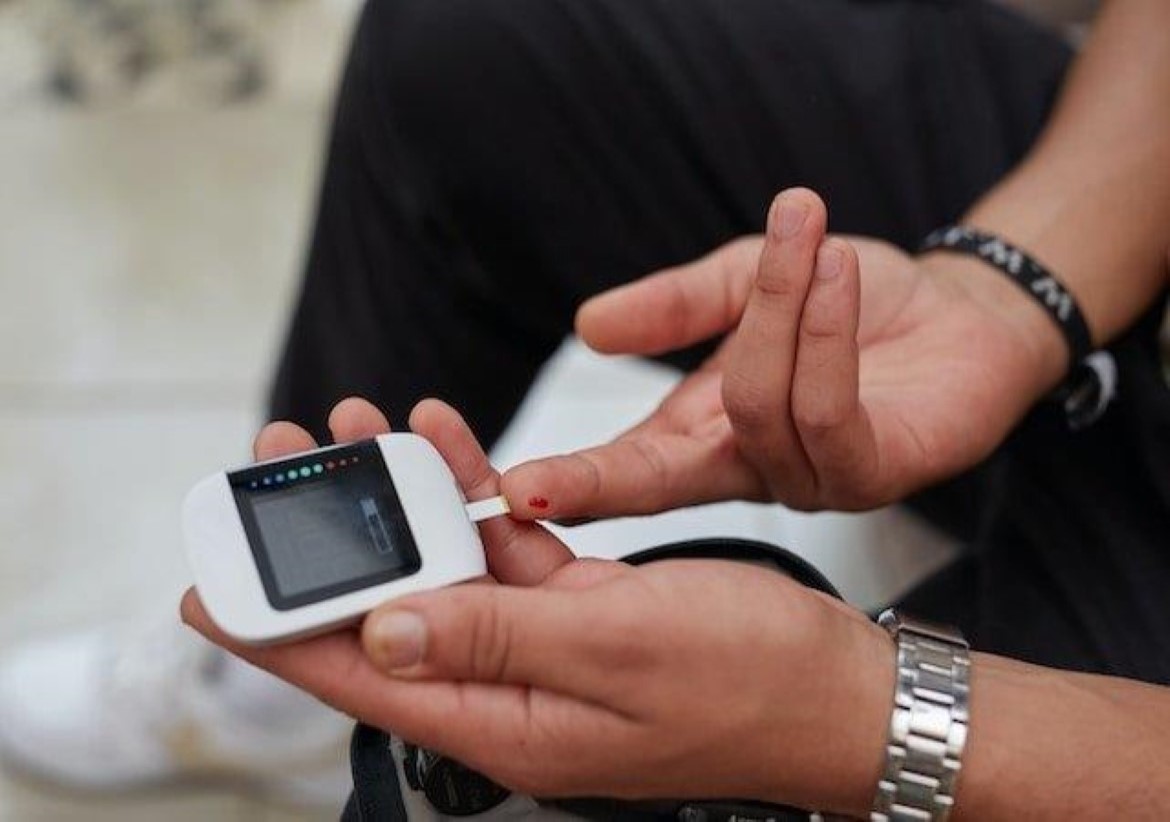
Featured
What precisely is dementia?
It is important to note that dementia is a phrase, not a specific disease, that refers to a decline in cognitive abilities. This impacts behaviour, memory, and reasoning, making tasks challenging to do on a regular basis. We shall look into the causes and how it affects both the patient and their family within the parameters of this topic.
Distinct Kind of Dementias
There are multiple discrete kind of dementias, and each has a specific set of symptoms. This section will cover common forms of dementia, such as Lewy body dementia, vascular dementias, and Alzheimer's disease. It helps to know the differences so that you can support and care for them appropriately.
Identifying Symptoms and Signs
In order to provide appropriate intervention and assistance, it is essential to recognise the symptoms of dementia at an early stage. We are going to discuss the symptoms that are indicative of the presence of dementia, which include changes in mood and behaviour, as well as memory loss.
Techniques of Communication
Dementia patients may find it difficult to communicate. This module provides useful advice on how to communicate effectively, including how to be patient, keep eye contact, and use basic language. Improving communication improves relationships and lowers annoyance.
Giving Assistance and Attention
Providing care necessitates tolerance, comprehension, and compassion. We'll talk about methods for delivering high-quality care, such as fostering independence, establishing a secure atmosphere, and asking for help from medical experts and support networks.
Lessons
This course has been particularly designed to raise the awareness and skills of care staff who work with people with dementia. This course seeks out to improve the welfare and experience of people with dementia.
Module 1: what is dementia?
Let’s have a look at the various parts of the brain. The first part, frontal lobes which are controller damage; can lead to the individual no longer being aware of what actions could be seen by others as unsuitable. Next, the parietal lobes damage to these by dementia will cause the individual to have difficulty with language vision or knowing what's up things are fool. Finally, the temporal lobes damage to this area of the brain causes the individual to have problems with short term memory and eventually the long term memories may also fade away as the damage increases further into the deeper regions of the brain.
Module 3: Alzheimer’s disease & Parkinson’s [S1] Disease
Module 4: Strategies to use with clients with Dementia















